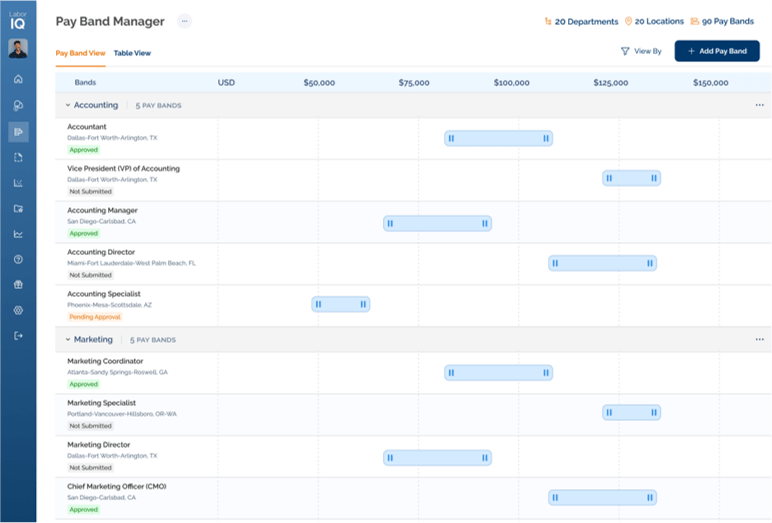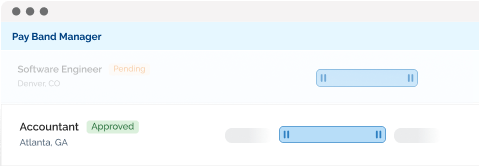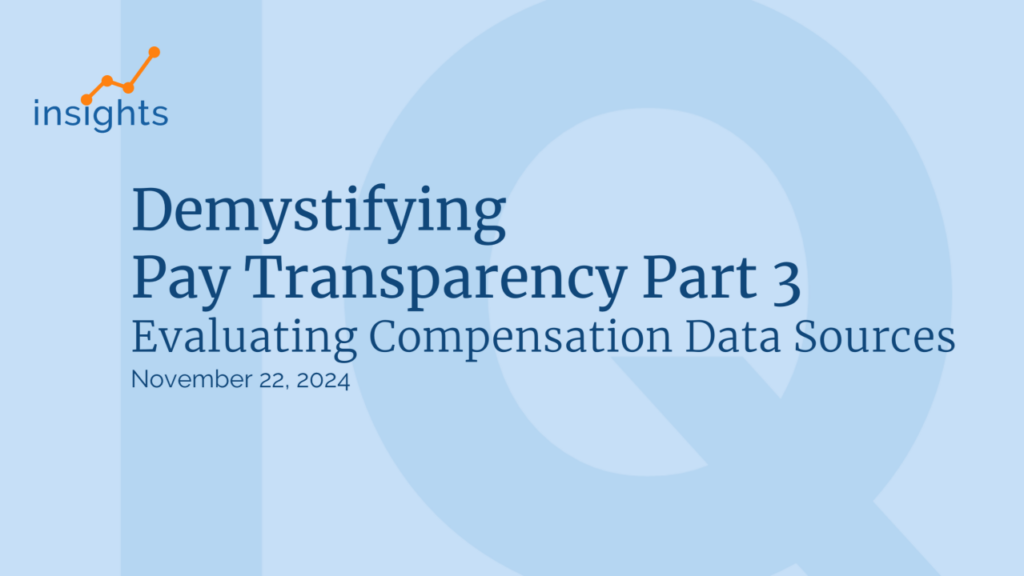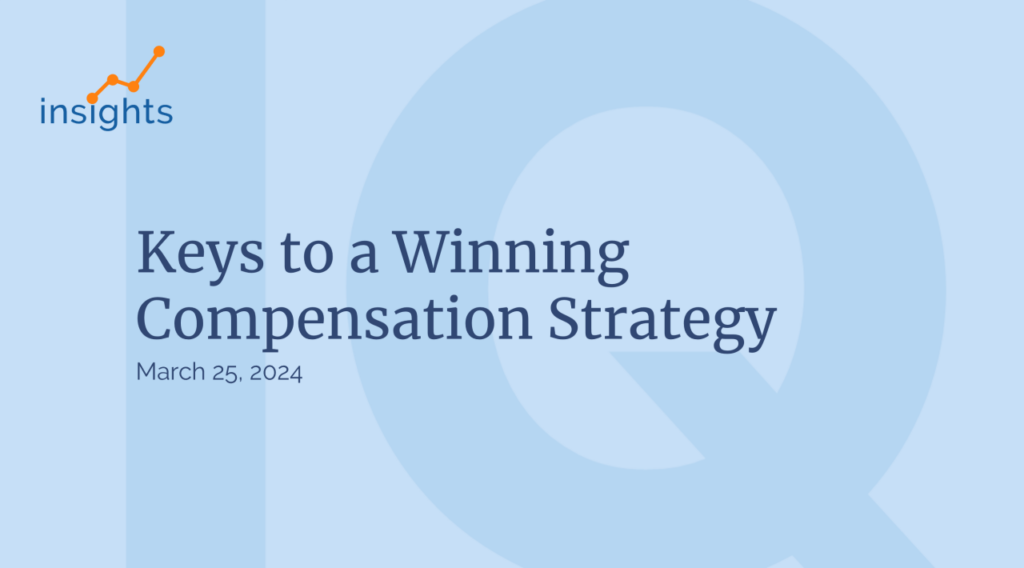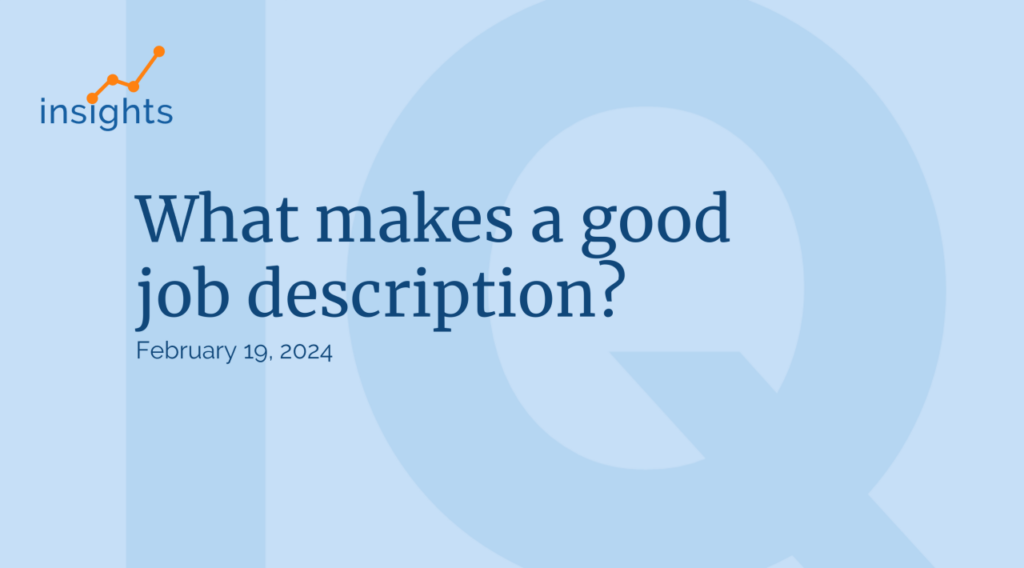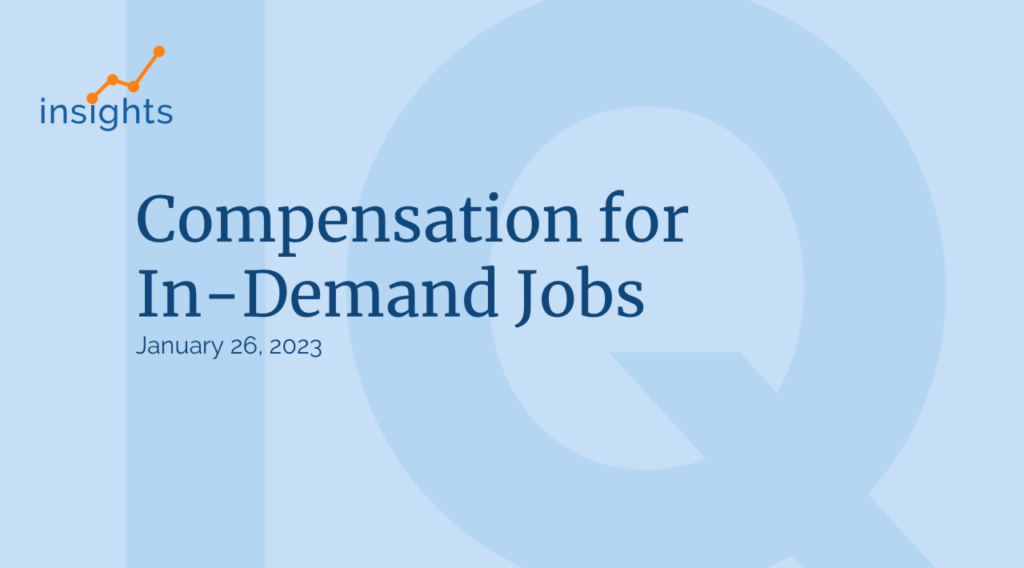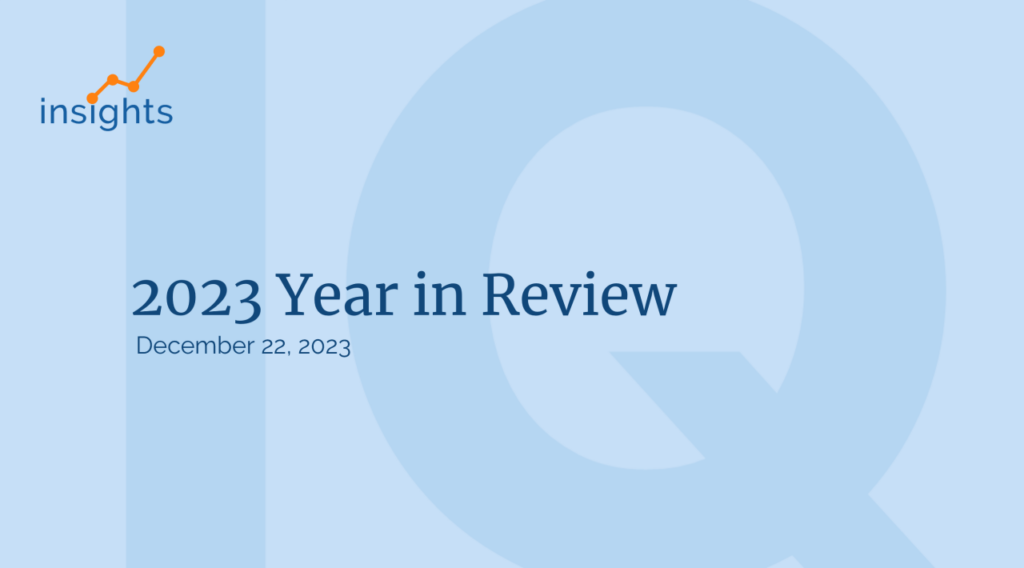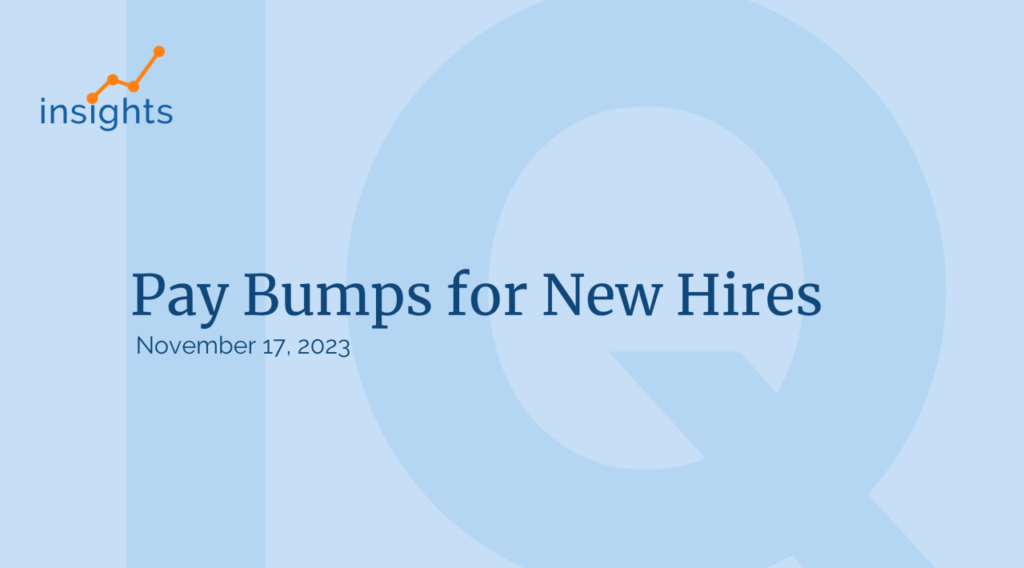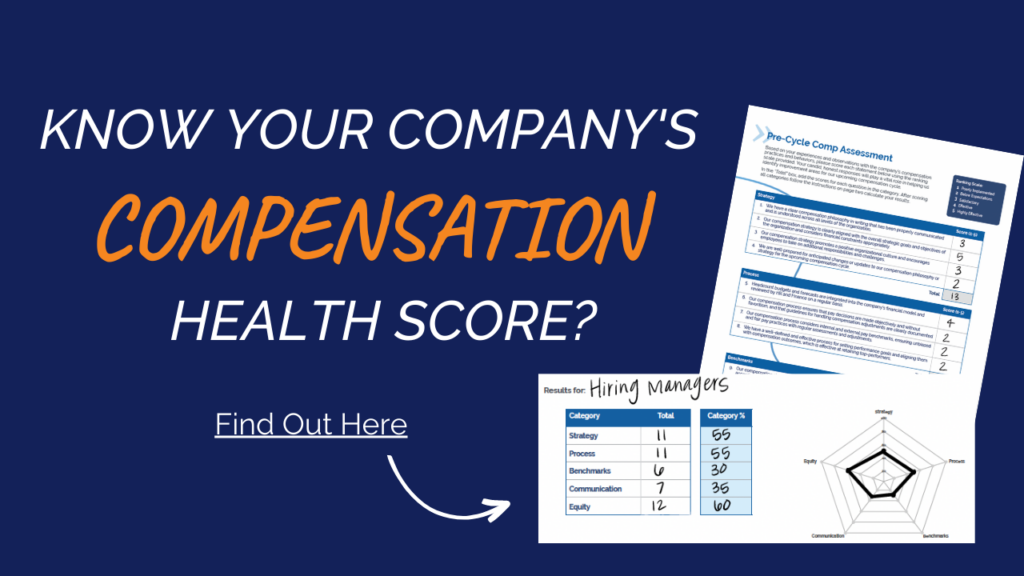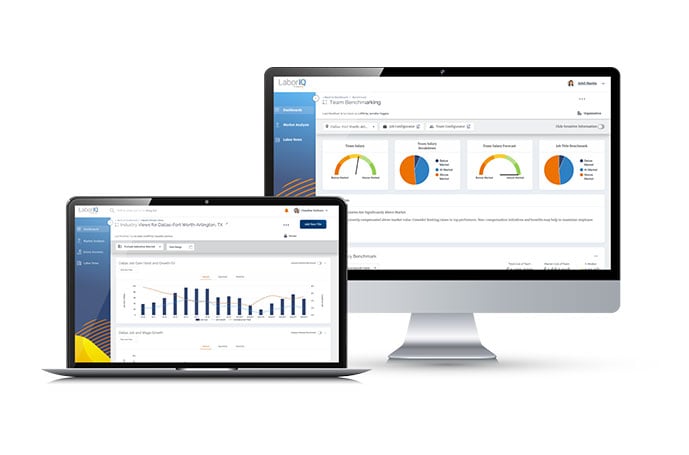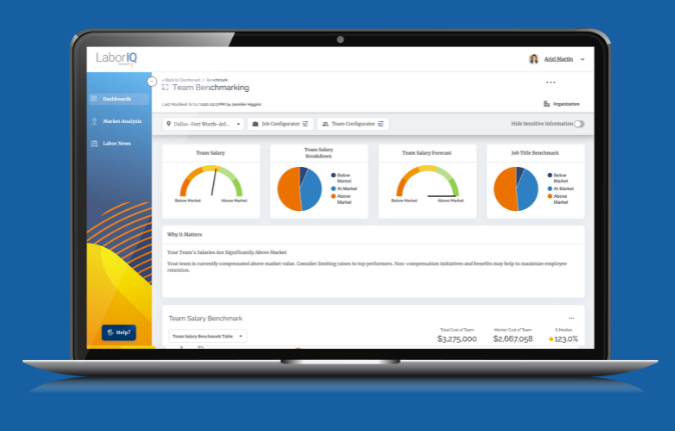It doesn’t matter whether you’re running an international enterprise or a small business; compensation planning is integral.
Compensation planning is a process companies undertake to review their current and future compensation plans. It’s an excellent opportunity to correct any pay disparities and ensure you’re offering competitive salaries in your industry and/or market.
But before diving headfirst into compensation planning season, we’ll discuss five things to consider as you prepare for 2023.
We have lots to share with you, so let’s dive in:
1. Adjusting to Market Volatility
More HR executives are expecting budgetary restraints and subsequent trade-offs regarding their compensation planning. In fact, one source suggests that 55% of hiring managers have already seen or are expecting budget cuts.
But why is this the case?
First, inflation is on the rise. At the end of June 2022, consumer prices jumped by 9.1%, the highest increase in 40 years. In response, many companies will need to adjust their compensation plan to meet the cost of living while spending more on overhead themselves.
But unfortunately, that’s not all…
The second driver for 2023 is global supply constraints. CTSI Global, a leading logistics provider, notes that the pandemic caused months of backlogs which increased demands. This, along with the talent shortage has brought supply chain infrastructure to its knees.
Regarding the latter, the U.S. Chamber of Commerce explains that labor force participation remains at an all-time low (62.3%), to the point where there’s a worker deficit of nearly five million.
In light of these factors, it’s looking increasingly likely that HR managers will be forced to make trade-offs.
For instance:
- Cost savings vs. talent investment
- Business requirements vs. employee needs
With the worker deficit increasing, high-level talent is more challenging to find. But, unfortunately, compromises to your compensation plans will likely make your company a less attractive option. The Garnet survey notes that 82% of employees want a personalized employee experience. They want to be involved in a shared purpose within their organization and feel that their input matters.
But fundamental changes to business structures are necessary to achieve all this amid ongoing market volatility. This is the only way to ensure your HR and overarching company needs are met. Needless to say, this approach begins at the top…
2. A Change In Your Company’s Approach to Leadership
Traditionally, annual compensation plans were written and/or approved by a board of directors, who would then assign said compensation to employees.
However, in recent years, this approach has changed. Instead, seeking employee feedback has become a meaningful way to enhance the employee experience, with this type of engagement improving profitability by 22%.
We’ve also seen a shift in how managers facilitate workplace dynamics. For example, with the advent of the pandemic, the workplace quickly moved from inside the office to our homes. As a result, employees now expect more flexible schedules and working arrangements.
While this may sound like just one more thing for HR execs to manage, it could be a good thing for those looking to meet ever-growing business demands. Various studies indicate that some workers value a flexible work schedule more than traditional compensation. For example, in Envoy’s recent report, 39% of employees said flexibility was a dealbreaker for them. Similarly, 46% (only a point less than compensation) said a flexible schedule was the best thing their company could do for them.
If you’re feeling the pinch and need to retain top talent, perhaps offering remote working or a hybrid work model could be something you could leverage. However, we think this will only go so far with the mounting cost of living. Truthfully, there isn’t enough data to definitively say where this will land, so prepare for either eventuality.
3. Preventing Organizational Burnout
Organizational burnout is a common problem. It happens when employees work so hard that they constantly feel drained and exhausted. As a result, they start to feel unappreciated and unfulfilled. This can lead to various problems, including low employee morale, reduced productivity and high staff turnover.
But how does this pertain to compensation?
First, research shows that offering competitive compensation is key to mitigating occupational burnout. It’s a necessary protective measure against employees feeling unappreciated, which, as we know, is often a precursor to someone quitting.
4. Broadening Your Employees’ Skill Sets
With the labor market in flux, we predict that broadening your employees’ skill sets will become increasingly important.
In terms of compensation, this is about ensuring that what we offer employees isn’t simply monetary but experiential.
Here are just a couple of steps you could take to help achieve this:
Experience and mentorship – With 65% of employees spending less time in the office, training opportunities are at risk. In response, managers need to block time for one-on-one mentorship and provide career development opportunities that consider the employee’s goals.
Diverse career progression routes – As many as 33% of job roles in 2019 will be obsolete by 2024. As a result, retraining will become increasingly necessary.
5. Using Intelligence-based Compensation Planning
HR teams need access to the right tools to plan the best possible compensation plans (especially amid such a turbulent labor market). More specifically, they’ll need AI-fueled data insights to accurately forecast salary trends and understand changing salary benchmarks to facilitate a sustainable compensation infrastructure. LaborIQ provides these kinds of insights, as well as real-time salary recommendations, to help streamline your compensation planning.
It’s also worth noting that while talent is in such short supply, broadening your talent pool might become necessary. Tools like LaborIQ can help businesses identify gaps and labor demand. Learning what the market offers puts firms in a better position to leverage what’s available to their advantage.










